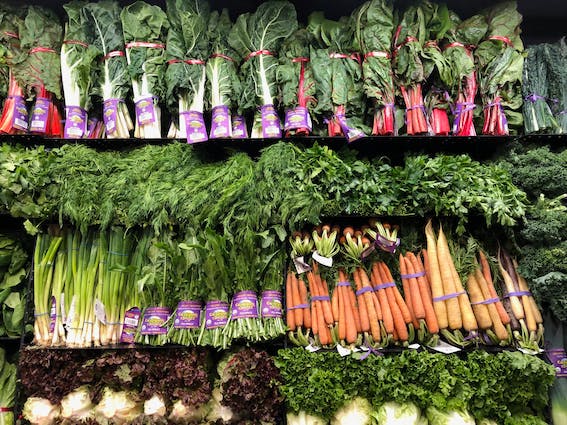Introduction:
In a world driven by convenience and fast-paced living, the organic lifestyle stands as a beacon of health and sustainability. Embracing organic practices goes beyond just the food we eat; it encompasses a holistic approach to living that benefits both our bodies and the planet. In this blog, we’ll explore the essence of organic living, its impact on our well-being, and how it contributes to a healthier planet.
The Basics of Organic Living:
At its core, organic living revolves around the idea of nurturing our bodies with wholesome, chemical-free products. Whether it’s food, clothing, or personal care items, the organic lifestyle promotes the use of natural, sustainable resources. Choosing organic means opting for products that are free from synthetic pesticides, herbicides, and genetically modified organisms (GMOs).
- Organic Food: The Foundation of Well-being
The cornerstone of the organic lifestyle is organic food. These are crops grown without synthetic pesticides, herbicides, or fertilizers. Organic farming methods focus on sustainable practices that maintain soil health, preserve biodiversity, and reduce environmental impact. Consuming organic food ensures that you’re nourishing your body with nutrient-rich produce while avoiding potentially harmful chemicals found in conventionally grown crops.
- The Ripple Effect of Sustainable Farming
Beyond personal health, choosing organic has a positive impact on the environment. Sustainable farming practices, such as crop rotation, cover cropping, and reduced water usage, help preserve soil fertility and reduce the carbon footprint associated with food production. By supporting organic farmers, consumers play a crucial role in promoting a more sustainable and regenerative approach to agriculture.
- Organic Lifestyle Beyond the Plate
Organic living extends beyond what we eat. It encompasses a mindful approach to the products we use in our daily lives. Choosing organic clothing, personal care items, and household products means opting for materials and ingredients that are free from harmful chemicals and produced in an environmentally friendly manner. This conscious choice contributes to a healthier lifestyle and reduces our ecological footprint.
- Supporting Local and Small-scale Farmers
One of the beautiful aspects of the organic movement is its emphasis on local and small-scale farmers. By choosing organic, consumers often support local economies, fostering a sense of community and connection with the people who grow their food. This contrasts with the industrial-scale agriculture often associated with conventional farming, which can contribute to environmental degradation and loss of biodiversity.


